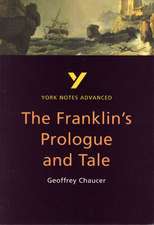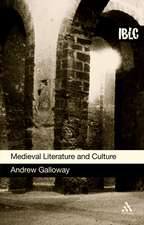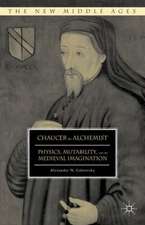The Chinese Language in European Texts: The Early Period: Chinese Literature and Culture in the World
Autor Dinu Lucaen Limba Engleză Hardback – 20 aug 2016
Preț: 386.46 lei
Nou
Puncte Express: 580
Preț estimativ în valută:
74.00€ • 76.25$ • 62.10£
74.00€ • 76.25$ • 62.10£
Carte tipărită la comandă
Livrare economică 21 februarie-07 martie
Preluare comenzi: 021 569.72.76
Specificații
ISBN-13: 9781137512253
ISBN-10: 1137512253
Pagini: 267
Ilustrații: XVI, 242 p. 8 illus. in color.
Dimensiuni: 148 x 210 x 19 mm
Greutate: 0.45 kg
Ediția:1st ed. 2016
Editura: Palgrave Macmillan US
Colecția Palgrave Macmillan
Seria Chinese Literature and Culture in the World
Locul publicării:New York, United States
ISBN-10: 1137512253
Pagini: 267
Ilustrații: XVI, 242 p. 8 illus. in color.
Dimensiuni: 148 x 210 x 19 mm
Greutate: 0.45 kg
Ediția:1st ed. 2016
Editura: Palgrave Macmillan US
Colecția Palgrave Macmillan
Seria Chinese Literature and Culture in the World
Locul publicării:New York, United States
Cuprins
Introduction: Entering the Language Continuum.- 1. Silence, Script, and “New Understandings”.- 2. Figures, Hieroglyphs, and Ciphers,- 3. Ships, Bricks, and the Majesty of Writing: The New Century.- Conclusion.
Notă biografică
Dinu Luca is Assistant Professor of European Cultures at National Taiwan Normal University, USA.
Textul de pe ultima copertă
This detailed, chronological study investigates the rise of the European fascination with the Chinese language up to 1615. By meticulously investigating a wide range of primary sources, Dinu Luca identifies a rhetorical continuum uniting the land of the Seres, Cathay, and China in a tropology of silence, vision, and writing. Tracing the contours of this tropology, The Chinese Language in European Texts: The Early Period offers close readings of language-related contexts in works by classical authors, medieval travelers, and Renaissance cosmographers, as well as various merchants, wanderers, and missionaries, both notable and lesser-known. What emerges is a clear and comprehensive understanding of early European ideas about the Chinese language and writing system.
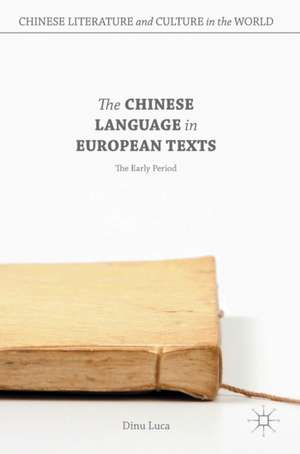





















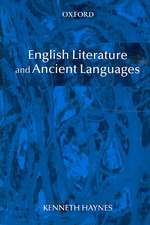



![The [European] Other in Medieval Arabic Literature and Culture: Ninth-Twelfth Century AD](https://i0.books-express.ro/bt/9780230109407/the-european-other-in-medieval-arabic-literature-and-culture.jpg)


